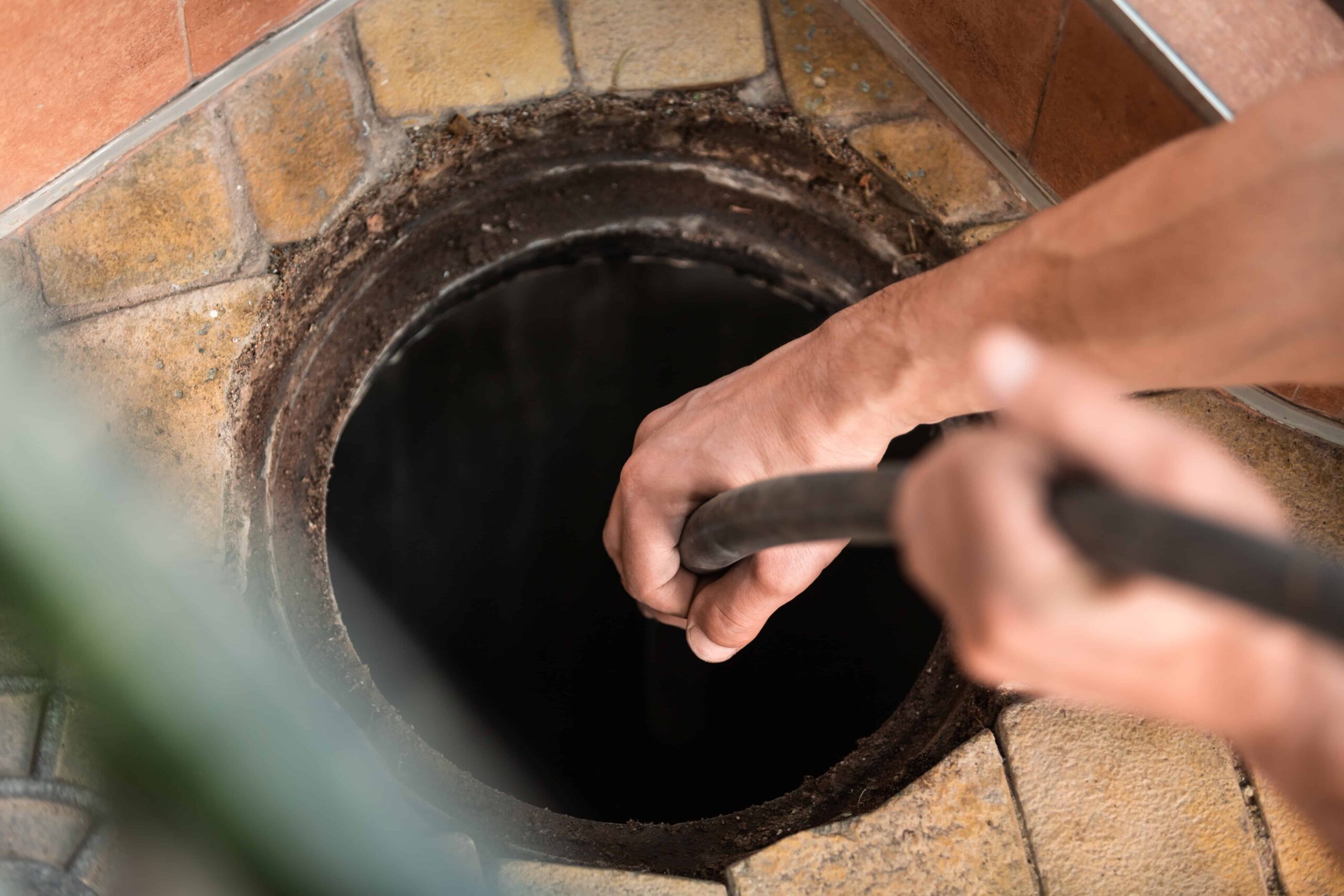As winter fades and warmer temperatures arrive, it’s time for homeowners in Rhode Island to assess their plumbing systems. The freezing temperatures, snow and ice of winter can take a toll on pipes, drains, and outdoor plumbing. Preparing your home now can help prevent costly repairs and ensure your plumbing is ready for the spring thaw and rainy season.
Below, the pros at CW Cummings Plumbing provide a complete spring plumbing checklist to help you check for winter damage, clean your drains, and prepare for spring rains.

Check for Signs of Winter Pipe Damage
Inspect Exposed Pipes for Cracks or Leaks
Winter freezes can cause pipes to expand and contract, leading to cracks or hidden leaks. Inspect any exposed pipes in your basement, crawl space or garage. If you notice moisture, water stains, or hear water dripping, you may have a leak that needs professional attention.
Test Your Faucets and Water Pressure
Turn on indoor and outdoor faucets to check for weak water pressure, which could indicate a hidden leak or a partially frozen pipe that never fully thawed. Low pressure may also be a sign of mineral buildup, requiring pipe maintenance or professional flushing.
Check for Signs of a Frozen or Burst Pipe
If a pipe froze during the winter but didn’t immediately burst, it could still be damaged. Watch for discolored water, strange noises when running taps, or wet spots on walls or ceilings—these are all signs that a hidden pipe issue may exist.

Clean and Maintain Drains
Clear Slow or Clogged Drains
Winter debris, grease, and sediment can accumulate in drains, leading to slow drainage or blockages. Flush drains with hot water and baking soda, followed by vinegar, to help break up buildup. If you’re experiencing multiple slow drains, it may indicate a more significant issue with your sewer line.
Inspect and Clean Sump Pumps
Spring rains bring increased groundwater, and your sump pump is your first line of defense against basement flooding. Test your sump pump by pouring water into the pit to ensure it activates properly. If it fails to turn on, runs continuously, or emits strange noises, a professional inspection is needed before heavy rains arrive.
Check Your Outdoor Drainage Systems
Clear leaves, twigs, and debris from outdoor drains, gutters, and downspouts to prevent water from pooling around your foundation. Ensuring proper drainage will help reduce the risk of basement leaks and water damage during spring storms.

Prepare for Spring Rains
Inspect Your Water Heater
After working hard all winter, your water heater may need a checkup. Look for signs of wear, such as rust, leaks, or unusual noises. If your unit is over 10 years old, consider scheduling a professional inspection to ensure efficiency and prevent unexpected breakdowns.
Check for Sewer Line Issues
Spring thaw and rain can put extra stress on sewer lines, especially if they have existing cracks or tree root intrusion. If you’ve noticed foul odors, frequent drain backups, or gurgling sounds from your pipes, it’s a good idea to have your sewer line inspected before heavy rains make the problem worse.
Examine Outdoor Hose Bibs and Sprinkler Systems
Outdoor faucets and sprinkler systems often experience winter damage. Turn on your outdoor hose bibs and watch for leaks where the pipe meets the house. If your sprinkler system has broken heads or underground leaks, repairing them now will save water and prevent damage to your lawn.

Schedule a Spring Plumbing Inspection with CW Cummings Plumbing
Taking a proactive approach to your plumbing this spring can prevent unexpected repairs and costly water damage. Whether you need a professional pipe inspection, drain cleaning, or sump pump maintenance, CW Cummings Plumbing is here to help.
Call (401) 828-7730 or send us a message today to schedule your spring plumbing checkup and keep your home running smoothly all season long!







